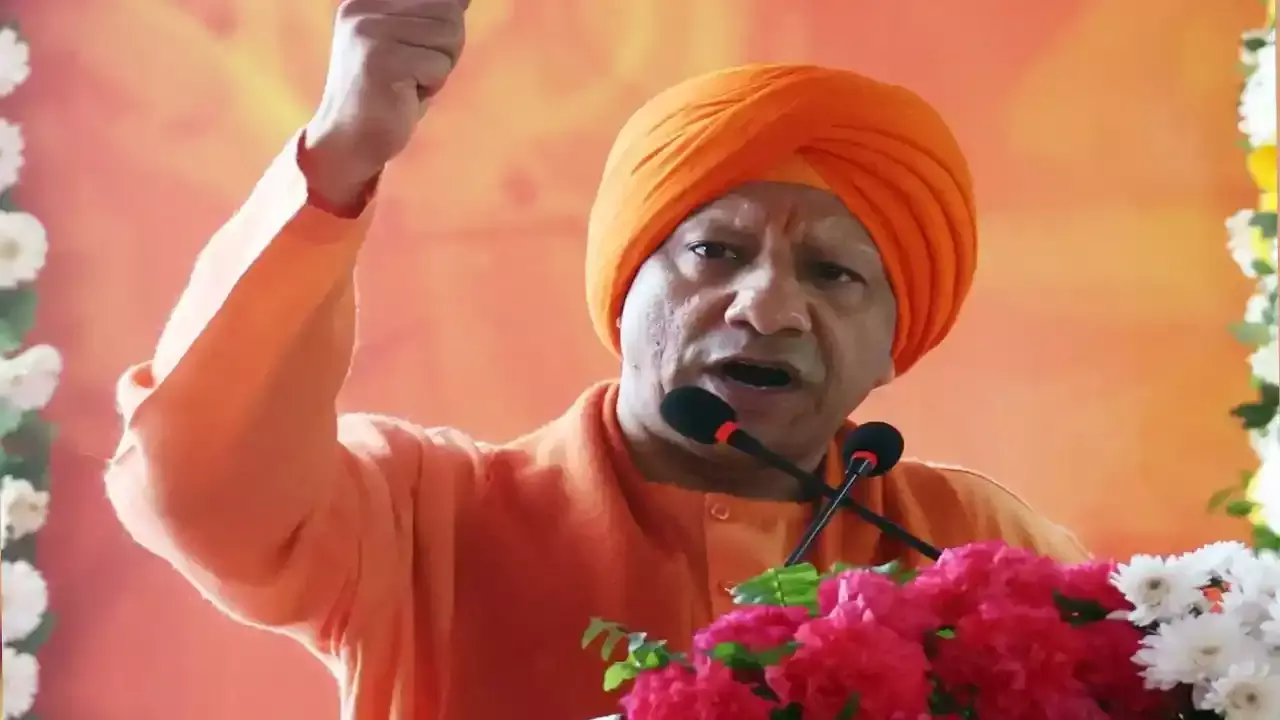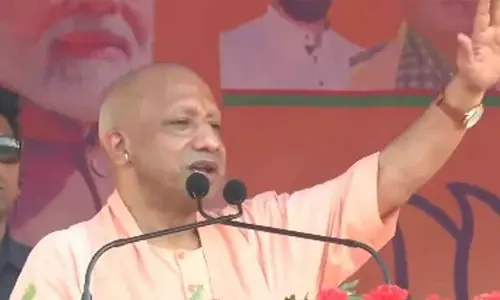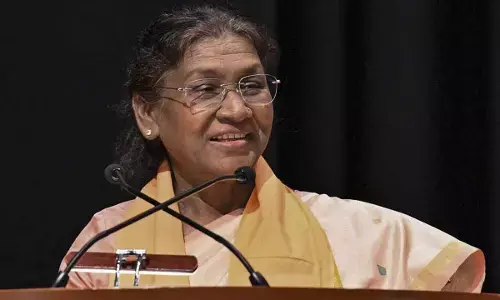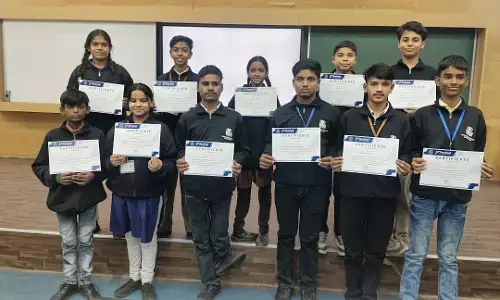How to manage your hyperactive Kid
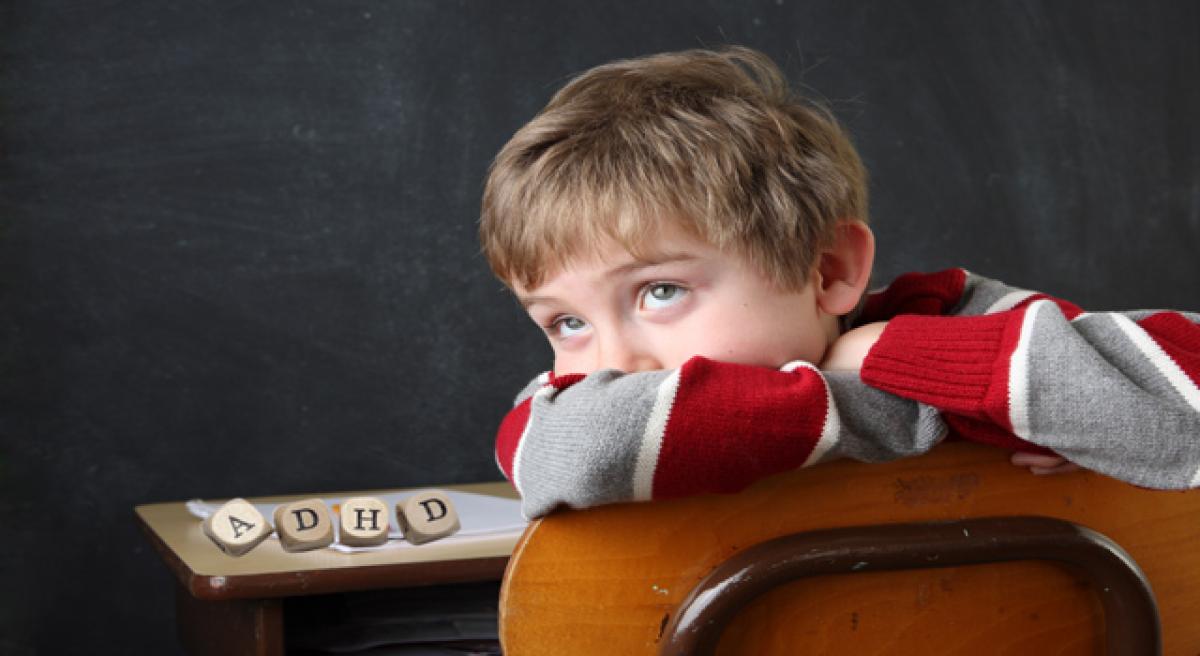
Hyperactive’ is a very liberally used term to refer to any active and boisterous child. However, hyperactivity is a clinical condition and the scientific term used is Attention Deficit Hyperactivity Disorder (ADHD).
Hyperactive’ is a very liberally used term to refer to any active and boisterous child. However, hyperactivity is a clinical condition and the scientific term used is Attention Deficit Hyperactivity Disorder (ADHD).
The incidence of this disorder has been reported to be around five per cent, but some studies have also reported that the incidence is close to 11 per cent. If this is true, it would roughly mean that in a classroom of 50 children, more than five would be showing symptoms of this disorder.
Exact causes of ADHD are not clearly known. But there appears to be some genetic component to the disorder. A head injury during infancy or smoking and consuming alcohol during pregnancy are some other factors that researchers have related with the disorder.
It is a misconception that the disorder fades away with age. Unattended and untreated ADHD often leads to conduct problems in adolescence and adulthood and in extreme cases, could also lead to an antisocial personality.
A treatment plan can be roughly divided into two parts - pharmacological and non-pharmacological. Most parents are initially reluctant to put their children on medication for this disorder. The need for medication is determined by the severity of the disorder.
Initially, non-pharmacological methods are tried, but sometimes it becomes imperative to put the child on medication. In severe cases, the child just cannot sit in the classroom and focus on the task. At such times, there is no option but to start medication.
Contrary to popular belief, these are not addictive or do not have serious side effects. But it is essential to be in constant touch with the physician to monitor the dosage. The second aspect of treatment is non-pharmacological. This involves the child and parental counselling and occupational therapy.
Parental counselling starts with explaining the disorder so that parents know what they can expect from their child. It helps them to understand their child’s limitations and to deal with the frustrations associated with them.
The nature of child counselling depends upon the age of the child. Setting short term goals and helping the child to attain them remains the focus of counselling. Behavioural therapy often works with children.
Through a structured plan, the occupational therapist makes use of various instruments and exercises to increase the sitting tolerance, concentration and attention span of the child.
Parental attitude plays a crucial role in managing the child’s ADHD.
A few pointers for parents:
- Understand that the child’s intention is not to cause trouble; there is a neurological problem in impulse control.
- Punishment doesn’t work, discipline does. The focus of discipline is to help the child understand the difference between right and wrong. Ignore minor faults, reward minor achievements.
- Always have short term goals. Positive consequences for desirable behaviour and negative consequences for undesirable behaviour also should be immediate for the link to develop.
- Be liberal with praise and positive reinforcements.
- Stay in regular touch with the school and apprise them of the therapies and treatment.
- Engage your child in physical activities so that the excess energy is channelised constructively.
- Take special care of the child’s diet and minimise artificial flavours and sugars.
- Talk to your counsellor about social skills training so that the child is better equipped to interact with peers.
Their impulsivity often makes it difficult for them to develop and maintain healthy social relationships.
Attention Deficit Hyperactivity Disorder is the most common clinical condition associated with childhood. With appropriate therapies and medications, this can be managed well, enabling the child to lead a fairly well functional life.
For any clinical condition early intervention is the magical key. Whenever there is any doubt regarding your child’s behaviour, consult a psychologist at the earliest.
By: Prachi Chitre
The writer is a child psychologist at Appystore.in








